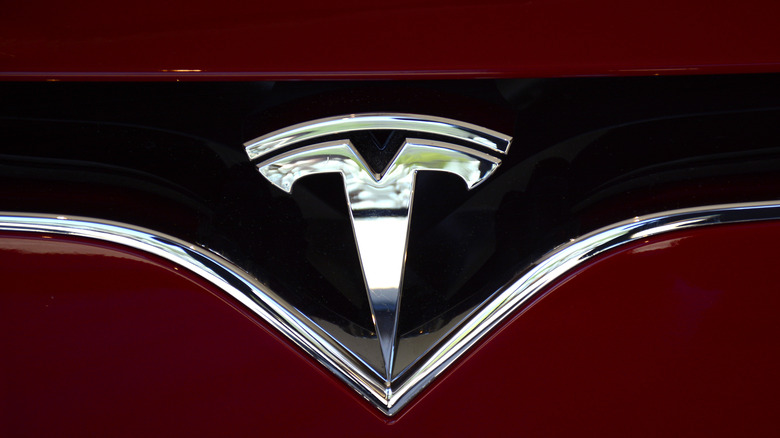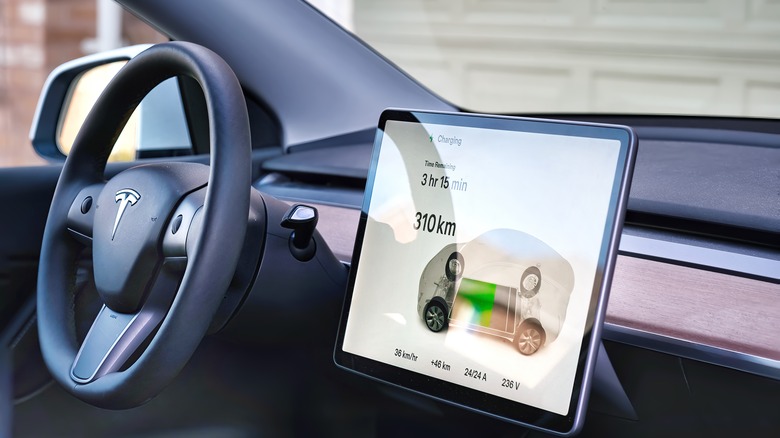Tesla Hit With False Marketing Lawsuit Over EV Range Claims
A class action lawsuit may be brought against Tesla after being proposed by three customers very dissatisfied with the range of their EVs. Based on the thousands of similar complaints the company has had to go to extraordinary lengths to deal with, those three customers could be joined by many more if the lawsuit goes forward.
The lawsuit, which is being filed in the U.S. District Court for the Northern District of California, accuses Tesla of false advertising, although the company allegedly engaged in even more serious activities to falsify the stated range of its EV batteries. While exaggerating the capabilities of a product may be unethical, it's not unheard of, and a little wiggle room is typically factored in when assuming the battery life of a device — or EV. But, according to a report by Reuters, Tesla not only overstated the range of its EV batteries but used algorithms to alter the range meter in Tesla's dashboards to deceive drivers with inflated numbers.
The class-action lawsuit would allow any California resident who purchased a new Tesla (Model 3, Model S, Model Y, or Model X) to participate and seeks unspecified damages. "Had Tesla honestly advertised its electric vehicle ranges," the lawsuit reads, "consumers either would not have purchased Tesla model vehicles or else would have paid substantially less for them."
Tesla has a history of misleading customers
Reuters reports that Tesla had been misleading drivers with its in-dash range meter around a decade ago, though it's unclear if those algorithms are still in use. Alexandre Ponsin, who owned a used 2021 Model 3, was hoping the EV came close to its advertised range of 353 miles on a fully-charged battery. He estimates the Tesla was capable of less than half that, especially in cold weather. "You literally see the number decrease in front of your eyes," Ponsin told Reuters, regarding the range meter. With Tesla's algorithms fudging the numbers, drivers noticed that the range would lower more miles than they were driving.
So many Tesla owners began complaining about the range of their vehicles that the company even created a "Diversion Team." Based in Las Vegas, the team's mission was to cancel appointments that drivers were making regarding the range of their Teslas and ease the congestion building up at service centers. Reportedly, members of this Diversion Team would celebrate canceled service appointments by banging a metal xylophone, even with customers still on the line (while muted).
If it goes forward, this lawsuit wouldn't be the only one Tesla is facing over misleading customers and government regulators. Its famed "Autopilot" system, which insinuates Teslas are legally capable of full self-driving when they are not (it's a driver assist platform), is under a lot of scrutiny.
"Put simply," said Adam A. Edwards, one of the attorneys at the firm representing the plaintiffs in the proposed class-action lawsuit regarding Tesla's EV range, "Tesla has a duty to deliver a product that performs as advertised." It's unclear if and when the lawsuit will move forward, but it's unlikely Tesla will get away with putting the plaintiffs or their lawyers on mute.

